Interviews
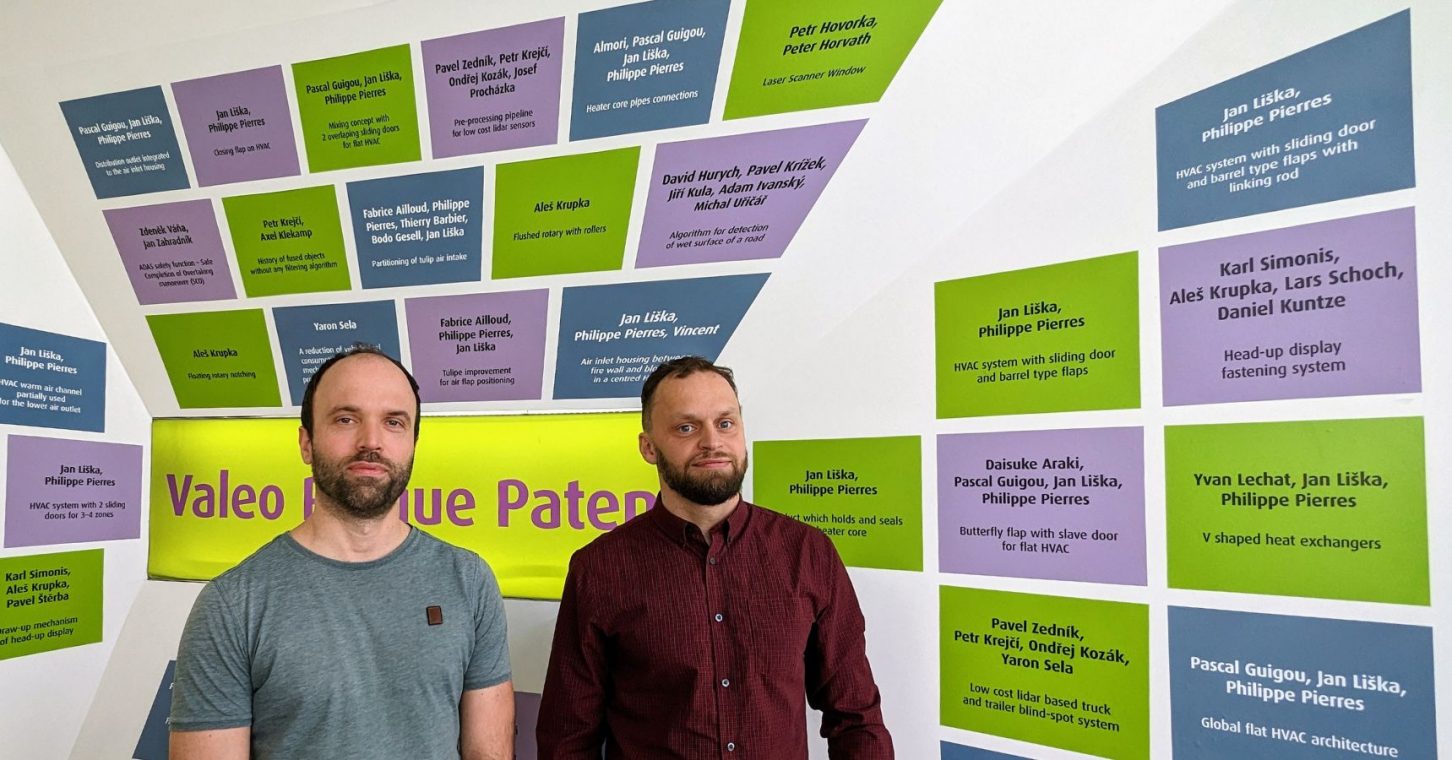
Interview: Valeo advances self-driving vehicle development in Czechia
A self-driving car is a big computer on wheels that has to process a number of tasks every second. That's why it takes years to develop a new system and put it into practice. Everything must work flawlessly and reliably. We talked to David Hurych and Jakub Černý of Valeo, experts in the application of artificial intelligence systems to self-driving units, about the development and future of the automotive industry.
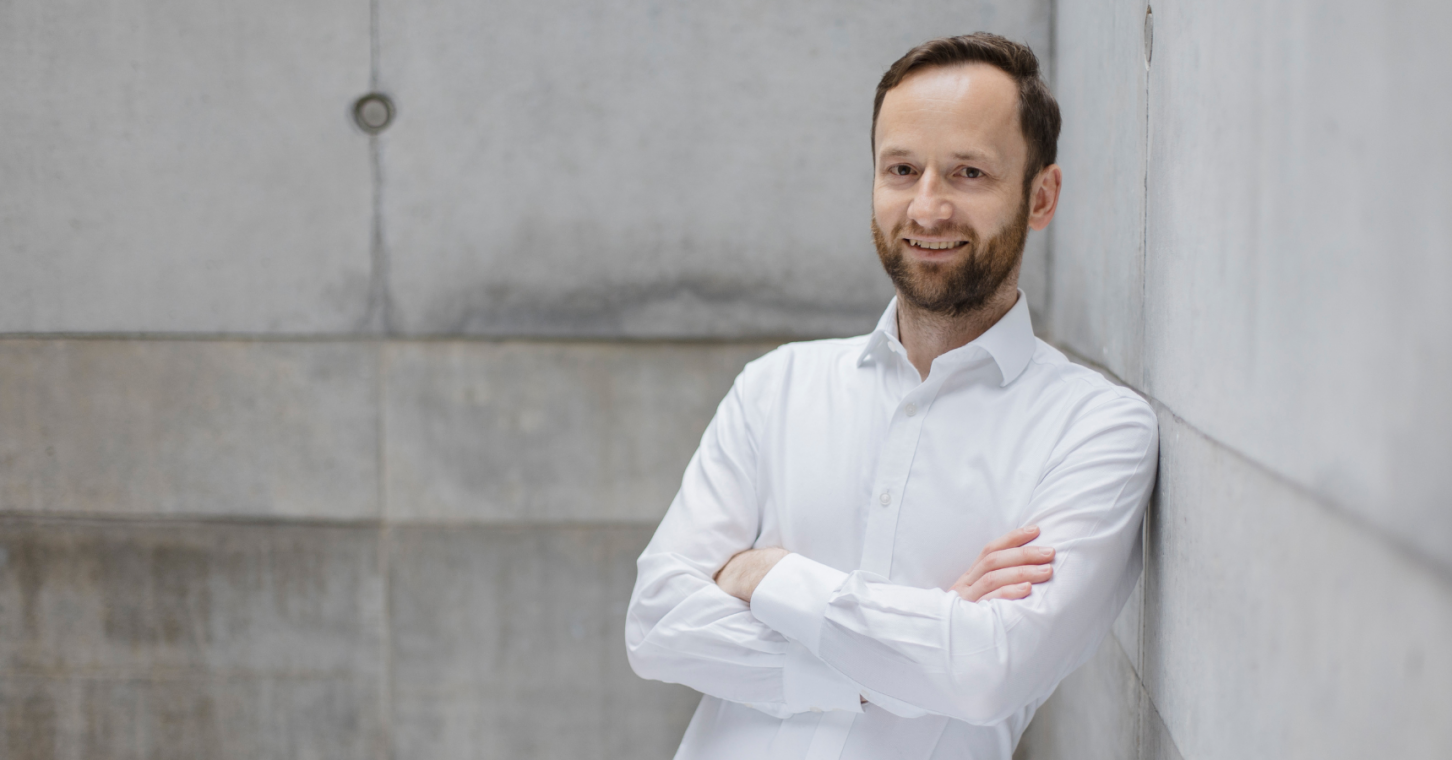
Lukáš Kačena: AI isn’t just for engineers and IT people
It helps institutions, schools and companies to understand the new world of technology and wants to turn Prague into a European centre of artificial intelligence. We're talking about prg.ai. Read more in an interview with its director Lukáš Kačena.
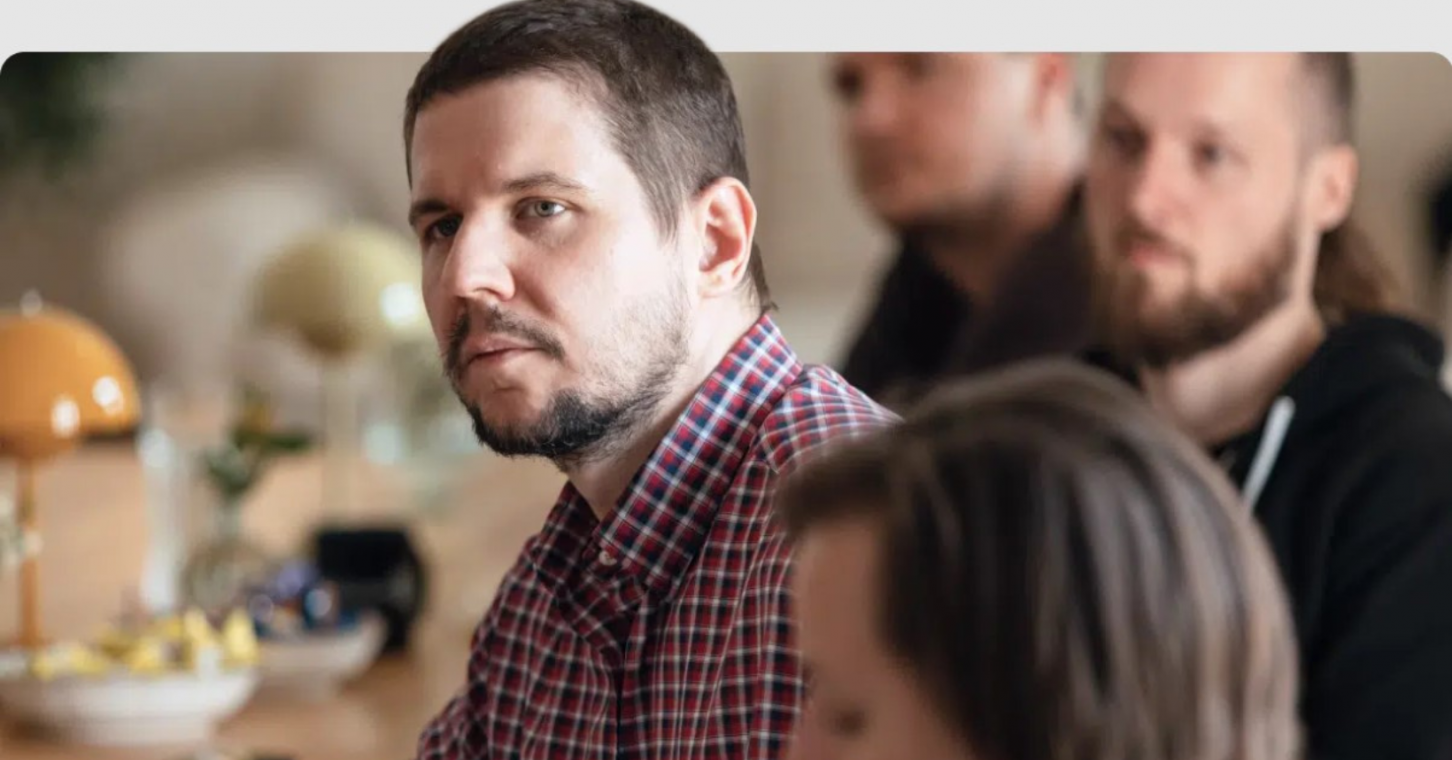
Marek Rosa: In search of general artificial intelligence
Questions surrounding general artificial intelligence divide the professional public. Can an autonomous system ever reach human versatility? Marek Rosa believes that it is not only possible, but also desirable. To develop and study general artificial intelligence, he founded GoodAI and leads an international research fund sponsoring researchers around the world.
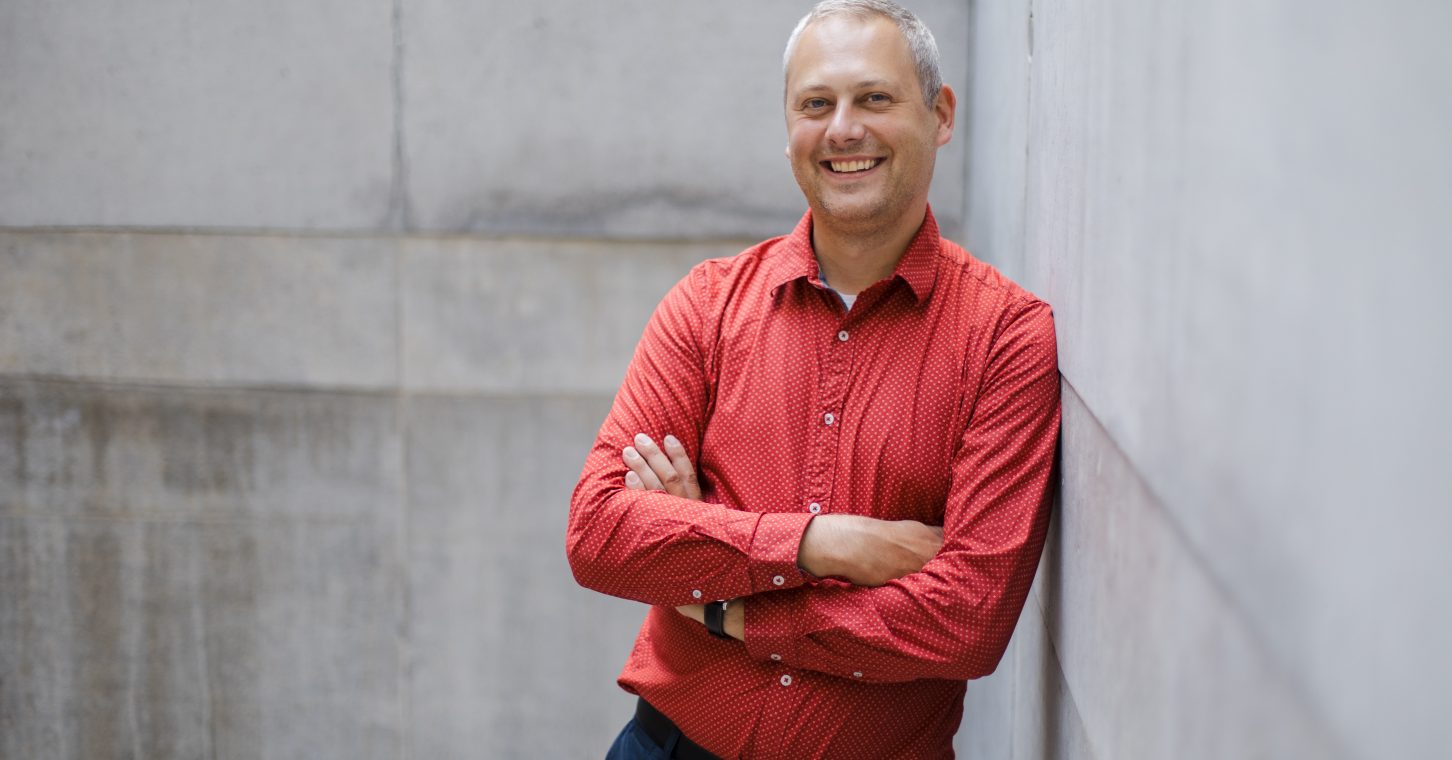
Jiří Materna: The Czech Republic can become a hatchery of AI experts. If we start education early
Twenty high school students and a week of intense focus on artificial intelligence. At the end of this July, the pupils completed the theory and practical tasks under the guidance of Jiří Materna, a specialist in machine learning and its application. How does he see the future of AI in our country?
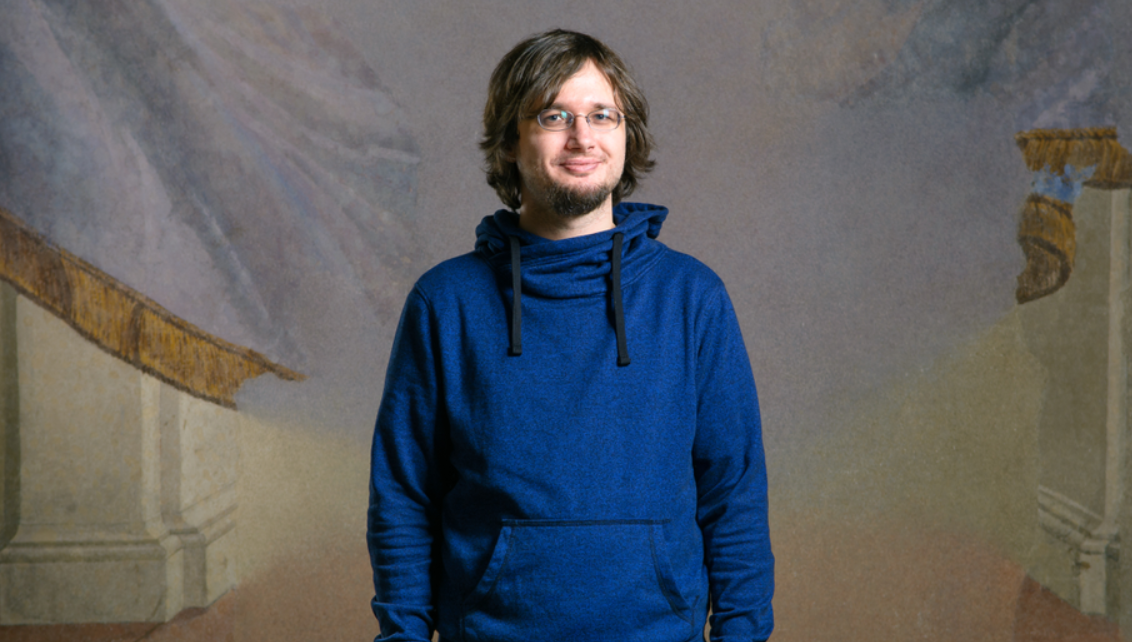
Rudolf Rosa: We have proved that AI is almost advanced enough to write a theater play
He is the scientist who introduced artificial intelligence to the stage. Nevertheless, he admits that the machine may not create art because it has no inner need to express anything. Read about how Rudolf Rosa, a researcher at the Institute of Formal and Applied Linguistics, CUNI's MFF, sees the future of AI in art.
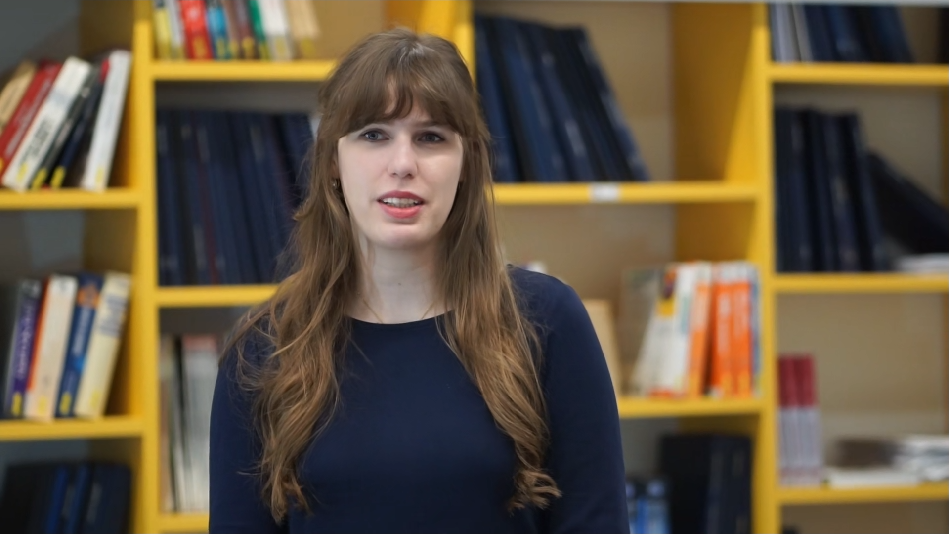
Jindřiška Deckerová: We’re still far from fully autonomous robots — but there are other causes for concern
Robots led by artificial intelligence will soon play a major role in logistics, reconstructions of historical heritage, or even humanitarian aid. Researcher Jindřiška Deckerová considers ethical questions in robotics, and shares her experience and award-winning research in academia.
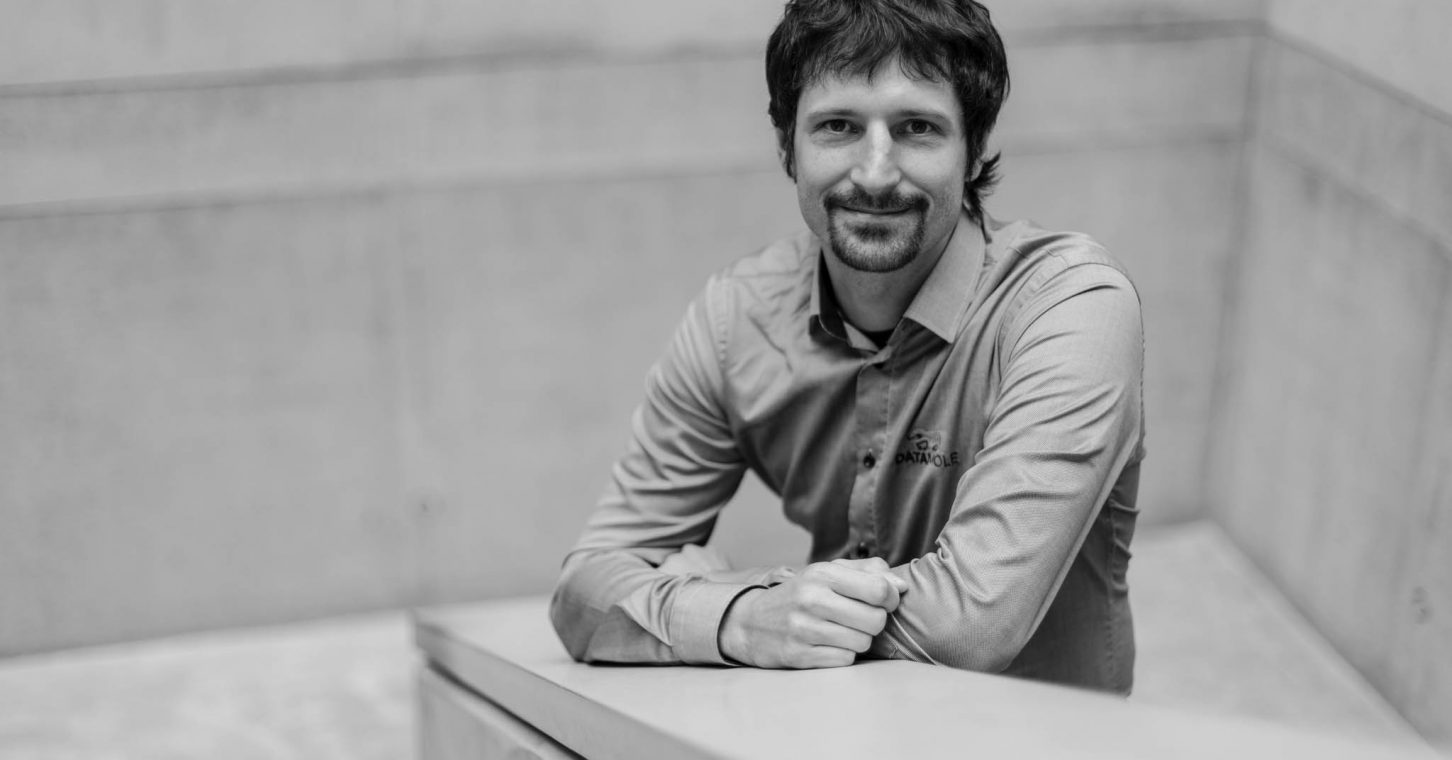
Tomáš Borovička: AI contributes to making agriculture more sustainable
Cultivating plants and livestock used to be a human-only activity. But AI is quickly becoming a norm on farms and fields, in part thanks to Tomáš Borovička and his company Datamole who supply farmers with solutions that help them milk cows or produce beer.



